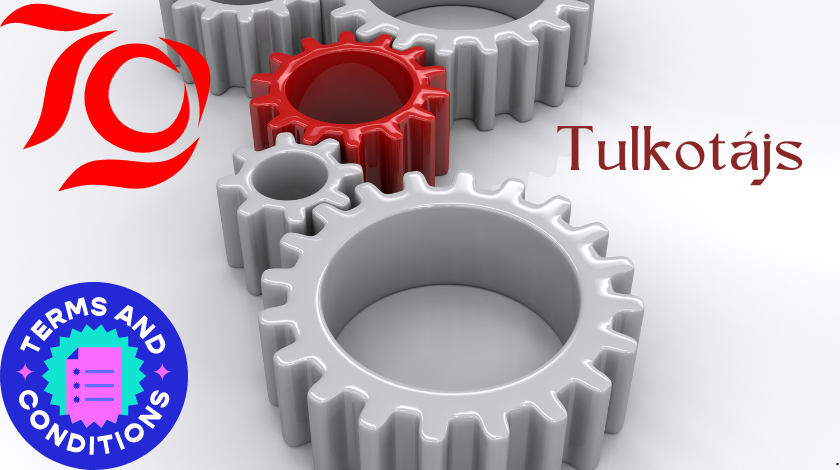Tulkotájs is a time period that might not be familiar to many, but it holds particular significance in positive contexts. While it could no longer be extensively diagnosed, expertise its origins and usage can offer precious insights into its relevance and programs.
Origins and Meaning
The time period Tulkotájs is derived from the Hungarian language, where it interprets to “interpreter” or “translator.” In Hungarian, “tulko” manner “translate,” and “tájs” can be associated with someone who plays a particular feature. Therefore, Tulkotájs basically refers to a person who translates or translates languages.
Usage and Significance
In diverse fields, the role of a Tulkotájs is important for powerful communique, specifically in multilingual settings. Here are a few areas wherein a Tulkotájs can make a sizeable impact:
- International Diplomacy: In diplomatic conferences and international negotiations, Tulkotájs guarantees that all events recognize every other, facilitating smoother interactions and agreements.
- Business and Trade: For international companies, having a Tulkotájs can bridge language gaps, ensuring that alternate agreements, contracts, and communications are appropriately conveyed.
- Legal Settings: In prison contexts, precise translation is vital for truthful trials and accurate felony court cases. A Tulkotájs helps in translating criminal documents and court docket court cases.
- Cultural Exchange: Tulkotájs play a vital role in cultural exchanges, helping to promote mutual information and recognize between different cultures thru accurate translation of texts and spoken phrases.
Skills and Qualifications
To be an effective Tulkotájs, one wishes a aggregate of abilities and qualifications:
- Fluency in Multiple Languages: A deep understanding of at least languages is essential. This consists of no longer only talking however additionally studying and writing talent.
- Cultural Awareness: Understanding the cultural nuances and context of each languages allows in offering accurate translations.
- Attention to Detail: Precision is important in translation to ensure that the that means and reason of the original message are preserved.
- Certification: Many professional Tulkotájs have certifications from identified language and translation businesses, which validate their abilities and information.
Challenges Faced with the aid of Tulkotájs
Despite their abilties and qualifications, Tulkotájs face several challenges:
- Contextual Variations: Idiomatic expressions and cultural references can be hard to translate correctly.
- Maintaining Confidentiality: Especially in prison and sensitive contexts, making sure that private facts remains steady is crucial.
- High Demand and Workload: The need for correct and well timed translations can lead to a excessive workload, requiring extraordinary time control capabilities.
The Future of Tulkotájs
With the advancement of era, the function of Tulkotájs is evolving. While system translation tools have become greater state-of-the-art, human translators remain essential for their capacity to recognize context, cultural nuances, and subtleties that machines may omit. The destiny will likely see a combination of technological gear and human information running together to decorate verbal exchange throughout languages.
Conclusion
Tulkotájs, or interpreters and translators, play an important position in bridging language boundaries and facilitating powerful communication in diverse sectors. Their know-how guarantees that messages are appropriately conveyed and understood, promoting better worldwide family members, business transactions, and cultural exchanges. As worldwide interactions keep growing, the demand for skilled Tulkotájs is predicted to stay strong, highlighting their useful contribution to our interconnected world.




